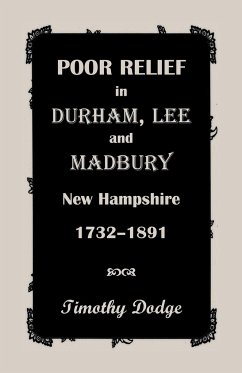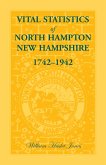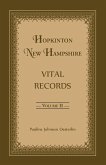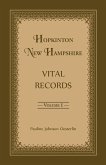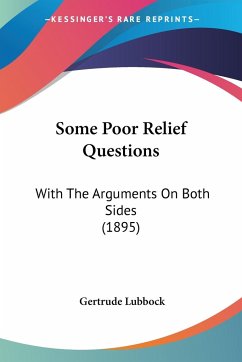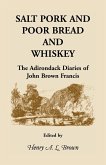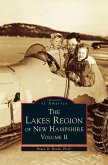This study begins with an overview of poor relief practices throughout the country, covering the period from the early 1730s to the late 1890s. "Outdoor" and "indoor" relief methods are discussed in detail ("outdoor being a practice in which paupers received at-home aid or were boarded with private families, and "indoor" being one in which paupers were confined to a local institution where they received aid); also discussed are the general public's changing attitudes toward paupers as time passed and society changed. Next, the text draws from original town documents to create a detailed picture of poor relief-its processes, principles and evolution-in the three Strafford County towns of Durham, Lee, and Madbury. The studied time period runs from the incorporations of these towns (1732, 1766, and 1768 respectively) to the end of the nineteenth century, by which time poor relief administration was becoming centralized on the county and state levels. The conclusion offers an analysis of the information presented: it compares the three towns' poor relief practices to national practices, and ponders the merits and drawbacks of these methods as well as factors contributing to their development. The appendix contains tables which list town expenditures (total and for poor relief) for each of the years studied. This thorough account is written in a very readable manner; tales of individual paupers and their situations, as gleaned from existing records, enrich the reading.
